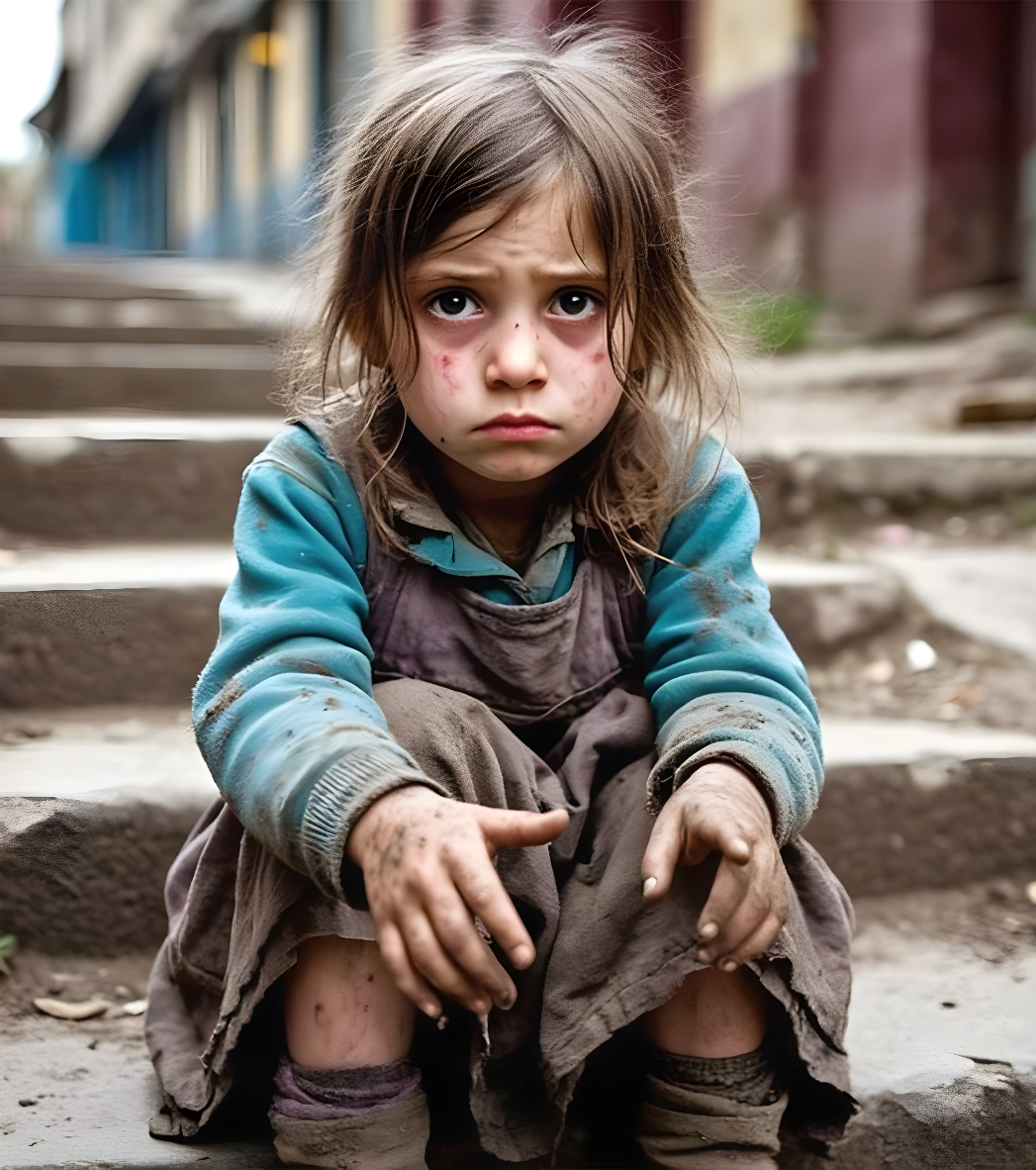The loader never saw her again.
Each morning for the next few weeks, Gena arrived earlier than usual, his sack cart half-empty, eyes scanning every child’s face. Each beggar girl. Each barefoot runner in the crowd. He even brought a candy once, thinking maybe kids liked that sort of thing. But no sign of her. Not the dusty white dress. Not the gaze that stripped him of every lie he’d told himself.
Still, he changed.
He told the foreman the truth about the accident. Not all of it—but enough. Enough to lose his job, but not his soul.
He found the dead man’s wife—a quiet woman with tired eyes who lived two neighborhoods away. She remembered Gena vaguely. He stood at her door for a long time before confessing what had happened.
“I didn’t mean to… I swear I didn’t know he was in there.”
She didn’t scream. Didn’t cry. She just asked, “Why are you telling me now?”
And Gena, with his hands knotted and scarred, said, “Because someone reminded me he deserved more than silence.”
She nodded. Then quietly closed the door.
He didn’t expect forgiveness. And she never gave it. But he felt lighter. Like something inside him, rusted shut for too long, finally broke open.
Then—on a Sunday—a note appeared on his stoop. No name. Just one line, written in jagged, uneven letters:
“Good. Now keep living right.”
Tucked inside was a single coin. Ten rubles.
He never found out who left it. But from that day on, Gena began helping kids who roamed the markets. With fruit. With money. With silence, when it was needed. Some laughed at him—called him “Uncle Gena the Ghost Hunter.” He didn’t mind.
Because sometimes, on hot afternoons, when the sun hit just right and the world shimmered a bit too much, he’d swear he saw a small shape at the edge of the crowd. Bare feet. Dusty dress. And those eyes.
Watching.
Making sure.
That the weight no longer ruled him.
And he’d whisper, almost to himself, “Thank you.”
And go on living.
